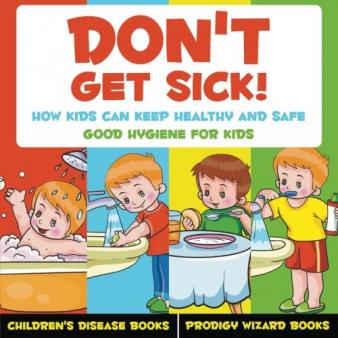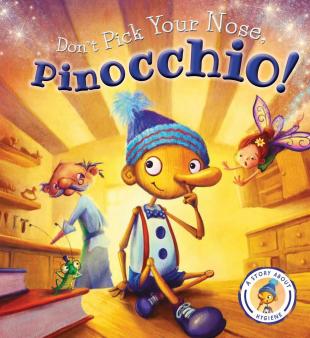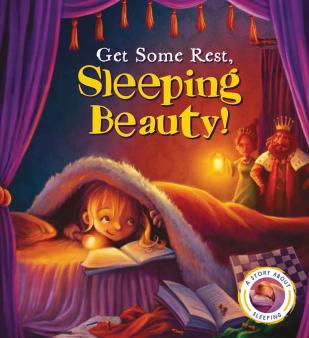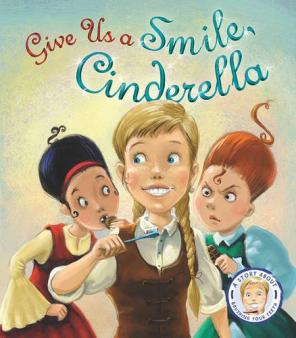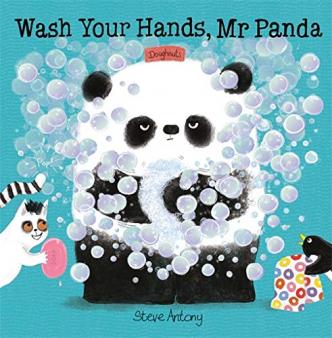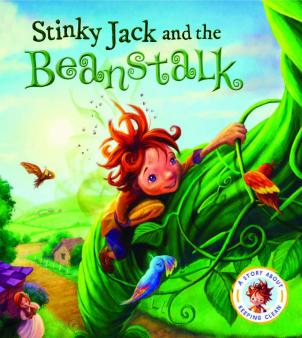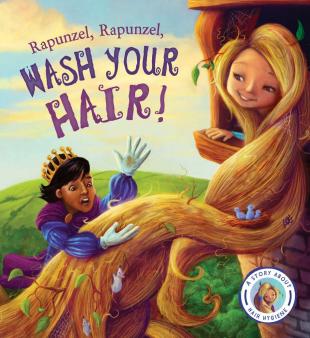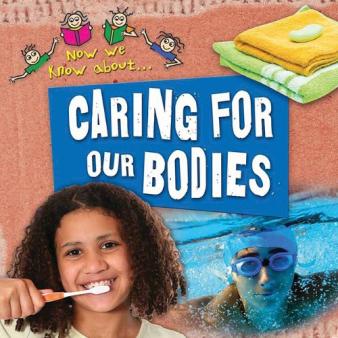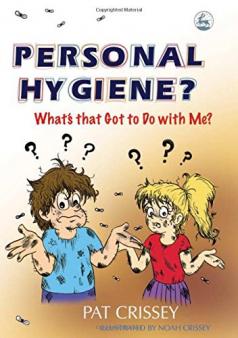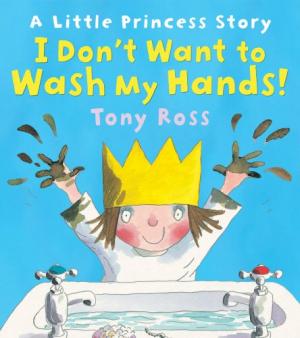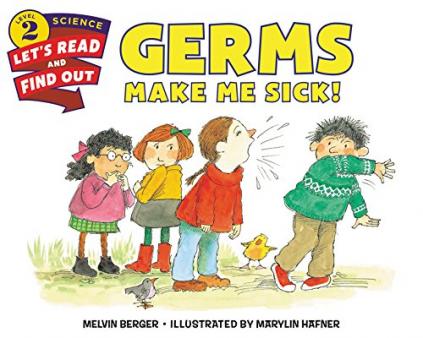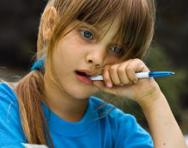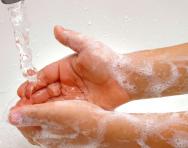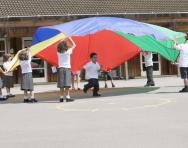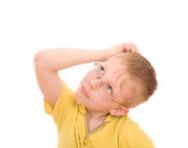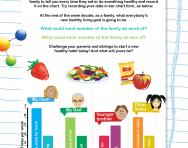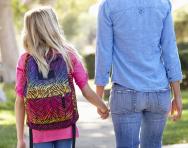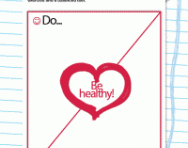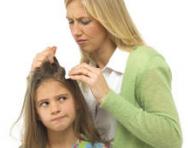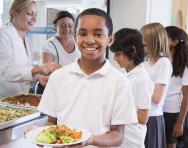Personal hygiene learning for children
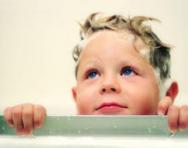
A hygienic lifestyle encompasses both physical and emotional health. For children, good health and hygiene practices go hand-in-hand with effective learning. Equally, learning about having a healthy and hygienic lifestyle helps give children the independence and confidence to make well-informed decisions about their health, which have life-long implications.
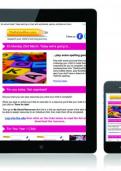
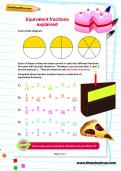
Boost Your Child's Learning Today!
- Start your child on a tailored learning programme
- Get weekly English & maths resources sent direct to your inbox
- Keep your child's learning on track
How poor hygiene affects learning
A child with poor personal hygiene may feel ostracised from school by the reactions of their peers, and often teaching staff are unsure of how to address the issue. For this child, the school environment can quickly become a very negative place, with their learning experiences becoming tainted by their social interactions.
“They can become withdrawn and lose a great deal of confidence,” says special educational needs teacher Sue Bishop. “This then affects their motivation and stimulation to learn.”
Lack of proper hygiene in children can also make them more susceptible to contracting illnesses such as stomach bugs, causing absences from school.
Hygiene for life
Learning about hygiene helps children begin to understand and make sense of different bodily functions. Hygiene consolidates learning in curriculum areas, such science and physical education, giving real and physical examples of life-processes, such as breathing and sweating, and highlights links between food prep and food poisoning.
Many schools approach the teaching of hygiene through Personal, Social and Health Education (PSHE).
Help your child learn good hygiene
- Model good hygiene yourself. For example, wash your hands before food prep.
- Ask your child to explain why they think we need to keep our bodies clean. You could discuss things such as smells and illnesses.
- Ask them when we need to be extra hygienic, such as after going to the toilet, or when touching food, and ask them what hygiene routine they need to carry out, such as hand-washing.
- Involve your child in understanding how clothes get dirty and how and why they need to be washed. Could they help you go through the washing basked and separate darks from lights, or help you load the washing machine or hang clothes out to dry? This will help them understand how we manage clothes washing (and perhaps why parents feel they never see the bottom of the dirty washing pile!).

Give your child a headstart
- FREE articles & expert information
- FREE resources & activities
- FREE homework help
